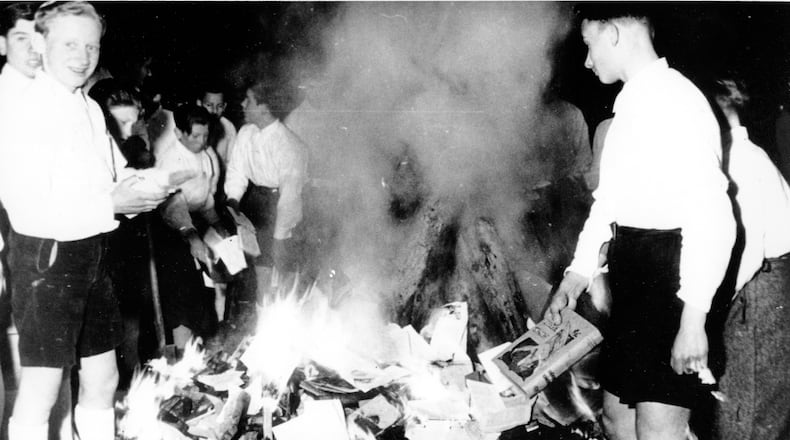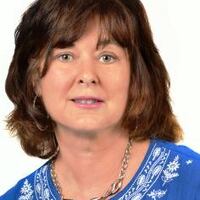In a guest column, teacher Laura Price Pitts shares how a recent trip to Germany reminded her and other American educators how politics can reach into the classroom and sow division and hate.
Pitts is a 20-year veteran public school educator. She is an Atlanta native who attended DeKalb County public schools, including Fernbank Elementary and Druid Hills High School. She is now serving as vice president of the Lambda Chapter of Delta Kappa Gamma, a professional society for women educators.
By Laura Price Pitts
I just returned from a two-week teacher exchange program in Berlin, Germany, and was struck by similarities between what I saw there and the current state of book banning and squelching of diversity in the United States and Georgia.
As a veteran public school teacher, I was dismayed by the passing of the Georgia House Bill 1084 last year, a law that limits “divisive concepts” in our classrooms.
Already, a Cobb County teacher is facing termination for reading fifth graders a book of rhymes that challenges gender stereotypes. The teacher shared from “My Shadow is Purple,” a book she bought at a school book fair and that she said her students requested she read to them.
That has been followed up this year by the recent removal of the terms “diversity,” “equity” and “inclusion” from the Georgia educator curriculum under the rationale that these terms are too ambiguous. The chair of the Georgia Professional Standards Commission said the University System of Georgia asked the commission to “remove or simplify words that in recent years have taken on multiple and unintended meanings.”
Credit: Beate Sass
Credit: Beate Sass
I beg to differ with the commission that these terms are ambiguous. They are not ambiguous to any public school teacher and, hopefully, any private school teacher worth the paper their degree is printed on.
I am about to step out of the classroom environment and into the role of ESOL (English to Speakers of Other Languages) teacher to take on a more defined role in advocating for diversity, equity and inclusion of speakers of other languages. These students are at risk for being marginalized in so many ways.
As an ESOL teacher, I will be sure my students’ basic right to access their education isn’t infringed upon by these ridiculous bills and deletions from the teacher preparation curriculum.
Every student deserves a right to be treated with dignity and respect. Diversity, equity and inclusion are vital to that end, and the commission’s removal of the terms from teacher prep training could have a chilling effect on classroom practice.
On the first day of our teacher exchange program in June, I stood with other American teachers from Decatur and around the United States in the center of Bebelplatz, a historic public square in the central Mitte district of Berlin.
We had a clear view of the bare bookshelves of Israeli sculptor Micha Ullman’s public memorial, “The Empty Library,” a glass plate in the paving stones that reveals an underground room.
The memorial marks the largest book burning in the history of Hitler’s Germany; more than 20,000 literary and scientific works were destroyed in a bonfire on May 10, 1933. Led by the Nazi German Student Association, the burnings targeted literature deemed un-German.
Credit: Contributed
Credit: Contributed
The irony of seeing this monument — meant to help us remember and prevent such acts in today’s society — wasn’t lost on our group of U.S. public school teachers. Just that morning, I’d read the news about the removal of the terms “diversity,” “equity” and “inclusion” from the Georgia Teacher Education Preparation standards. I was sickened.
A few feet from the glass-covered sunken empty library memorial stands a bronze plaque with a quote from 19th-century German writer, playwright and poet Heinrich Heine, which warns:
That was but a prelude;
where they burn books,
they will ultimately burn people as well.
Will we ever learn?
And how will we ever learn if we, the teachers, are subject to firing and silencing? Please support your public school educators and the preservice teachers so that we can continue to shed light on and lift up all of our students. Speak out against these laws and curriculum deletions that also delete our humanity.
About the Author




